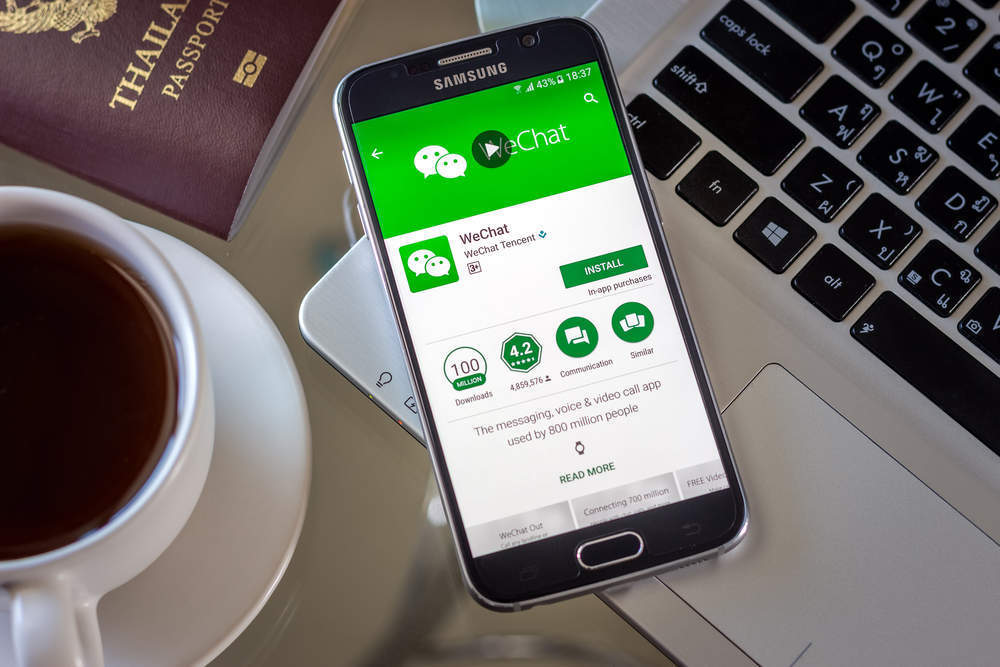In China, the mobile payment market is no longer monopolised by Alipay as competition from WeChat has dented its market share.
Western tech giants eager to gain payments market share should look to WeChat Pay’s rapid growth as a sign that social media providers can thrive in consumer payments but also, more importantly, as a model they can learn from.
The Chinese mobile payments market is fast becoming an intense two-horse race since instant messenger platform WeChat Pay started offering a P2P payment service in early 2014.
According to Technode, Alipay dominated with a 55 percent mobile payment share in China at the end of 2016, ahead of WeChat Pay with about 37 percent.
Although Facebook has been offering P2P payment services over the Facebook Messenger platform since 2015, it hasn’t really taken off.
However, now that Facebook has WhatsApp under its wing and its own branded messenger system, it is the perfect opportunity for Facebook to step up its payments offering, if it can replicate WeChat’s strategy.

US Tariffs are shifting - will you react or anticipate?
Don’t let policy changes catch you off guard. Stay proactive with real-time data and expert analysis.
By GlobalDataHow did WeChat make it work?
When WeChat entered the mobile payments space it had to play catch-up, since Alipay was already well established.
But by understanding and building upon the advantages it had as the leading Chinese social media platform, it was able to rapidly gain market share.
WeChat leveraged the greater time consumers spent on its service as a messenger platform and its network of over 900m active monthly users (compared to only half of that for Alipay).
WeChat began by only focusing on P2P payments and later expanded to online and offline payments after it gained users’ acceptance as a payment platform.
It did not immediately try to challenge Alipay or the Chinese banks but sought to establish itself in an area of payments where its network gave it a huge advantage over the incumbent, as its rival Alipay had no social component.
In China, with its still developing banking system, this allowed WeChat to address a crucially underserved segment of the population, particularly when involving transfers between urban centers and less developed rural hinterlands.
What does Facebook need to do?
Facebook and its chat apps give it the same niche in a huge range of markets, as WhatsApp has over 1.2bn active users worldwide and Facebook is closing in on 2b active users as well.
It needs to leverage this network effect – particularly in countries with less developed or under served payments markets.
In India for example, rather than directly challenging Paytm (the largest mobile payment provider in the market) WhatsApp can take advantage of its social media dominance and build on top of that.
By learning from the success of WeChat, WhatsApp definitely has the capacity to make a dent in the mobile payment space should Facebook pursue the opportunity, but only if it learns the right lessons.








